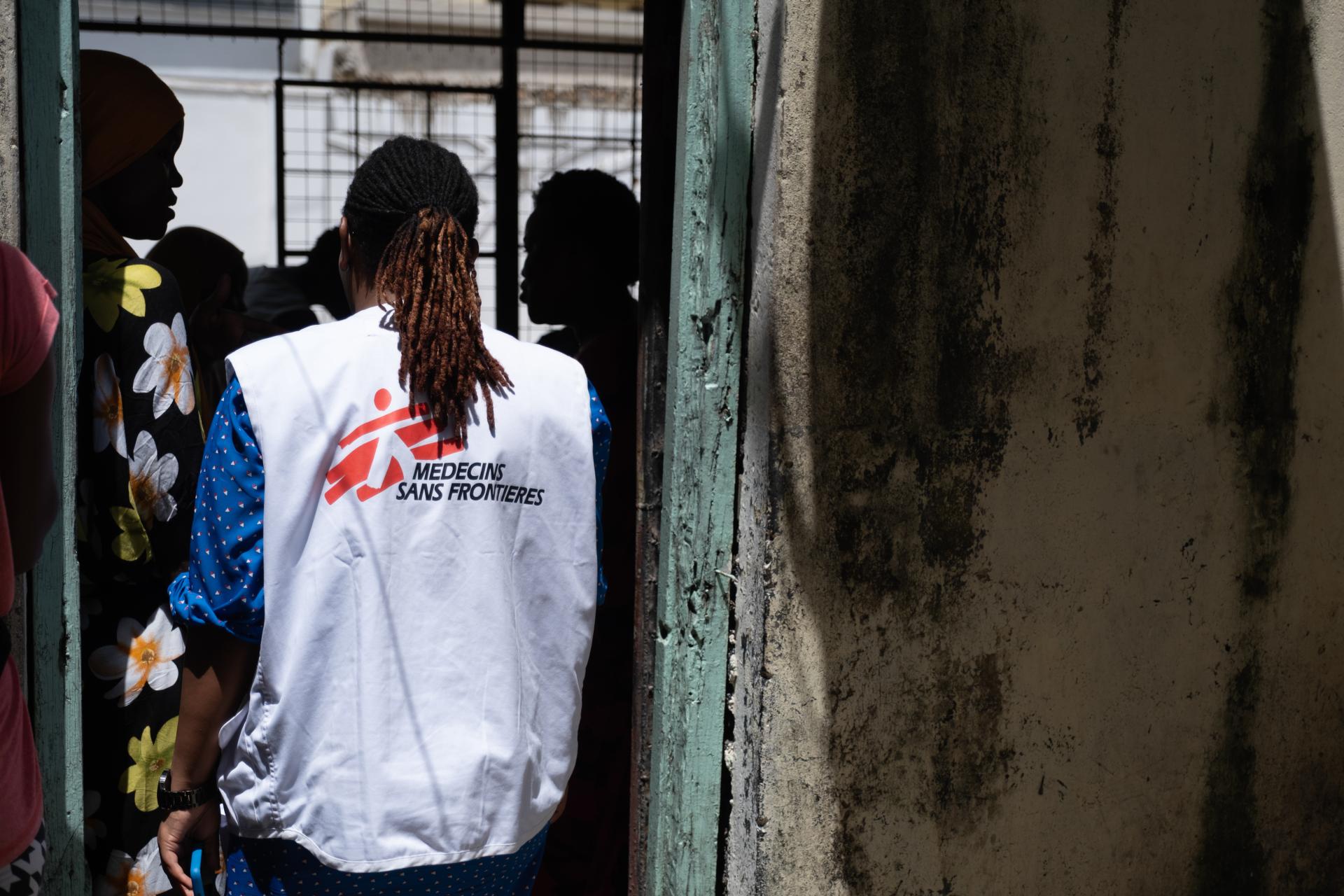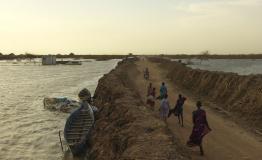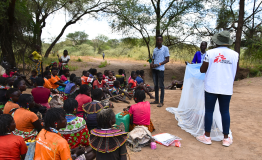Four out of five key populations report having negative mental well-being, however access to healthcare for these populations in Mombasa is cut off due to cost and stigma. This is according to the Mombasa Key Populations Study findings conducted by the medical organization, Médecins Sans Frontières (MSF), in collaboration with community-based organizations in Mombasa County. The study collected data from over 600 key populations and healthcare workers across the county, with results highlighting opportunities and key challenges for supporting the health and well-being of key populations.
“This research is a prospective, community-led study of key population health and well-being.” Explains Dr. Denton Callander, from MSF, the study’s co-principal investigator. “It is incredible to work with so many partners to generate vital new knowledge to improve health and healthcare for Mombasa’s key population communities.”
Key populations include sex workers, people who use drugs, men who have sex with men, transgender and gender non-binary people. Due to stigma and discrimination, members of these communities often face greater health disparities. Moreover, they are at a greater risk of mental health issues due to marginalization, social oppression, and violence from healthcare workers, their families, and communities.
This local and community-contextualized study forms part of research aimed at informing policies and programming on key populations health, with an expanded focus on holistic and comprehensive health and well-being, beyond the conventional focus on HIV and sexually transmitted infections (STIs).Marcos Tamariz, MSF Project Coordinator in Mombasa.
MSF has been providing medical assistance to adolescents and youth, including key and vulnerable populations in Mombasa, in Kenya’s coast since 2021. In this context , study results show that mental health is the greatest health need for key populations, requiring expanded and targeted programming. Study results make clear that poor family relationships, economic challenges, and multiple forms of stigma all negatively impact the mental health of key populations. Indeed, around one third of key populations have indications of depression and one quarter have indication of suicidality, highlighting the urgency and consistent need for expanded programming and support
Over 61% of the key populations in Mombasa live in poverty, with cost identified as the most prominent barrier to physical and mental healthcare. Food, water, and housing insecurity were shockingly prevalent among key populations, and were associated with much poorer outcomes in mental and physical health. These results show the urgent need for implementation of individual and structural interventions to improve the socioeconomic conditions of key populations.
The report also highlights issues related to HIV, drug use, and the role of social media as part of their lifestyle.
Stigma and its impact on healthcare access for key populations
To understand the impact of stigma in healthcare, 222 healthcare workers were involved in the study. over 30% of them expressed moderate to high levels of stigma, with 12% reporting they would refuse care for someone from a key population. Stigma is a powerful factor in all aspects of the key population experience, making it a key determiner in improving public health.
This study report thus shows that individual and structural barriers exacerbate mental health, economic challenges, and stigma which impact key populations health and well-being negatively. Therefore, the report also invites all stakeholders to take concrete bold actions to address these structural barriers. Anti-stigma programming within and beyond healthcare is critical for key populations to enhance access to healthcare. To combat these challenges, interventions must embrace an intersectional approach with strengthened advocacy towards efforts on reducing social structural and legal barriers.
About MSF
Since 2021, Médecins Sans Frontières has been supporting the Mombasa County Department of Health in implementing the County Adolescent and Youth Health Strategy. In 2023 alone, MSF provided healthcare to 9,484 adolescents and youth including vulnerable and key populations. The peer-led project aims to improve health and well-being among this group in three dispensaries, through outreach activities, specialized clinical services, health education and promotion, referral pathways, and psychosocial support.
Médecins Sans Frontières (MSF)/Doctors Without Borders is an international, independent, medical humanitarian organization that delivers emergency aid to people affected by armed conflict, epidemics, exclusion from healthcare and natural disasters in more than 70 countries around the world.
Since 1987, MSF has been providing medical services in Kenya, including adolescents and youth friendly services, care for HIV, TB and Non-Communicable Diseases, healthcare for refugees, people who use drugs, and support for survivors of sexual violence in Mombasa, Garissa in Dadaab Refugee Camp, Homa Bay, Nairobi, and Kiambu counties.



